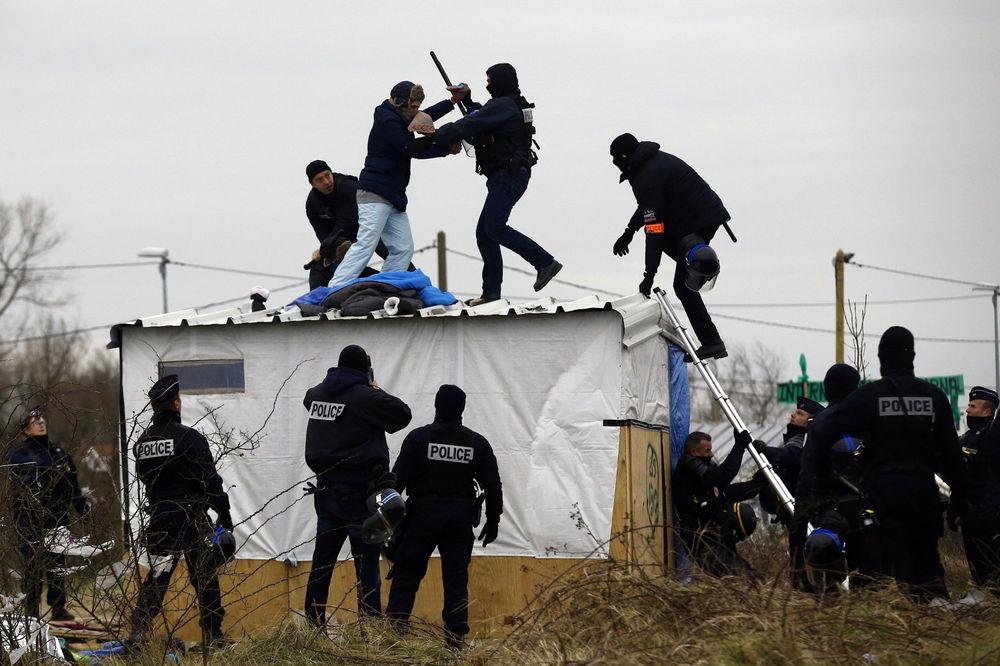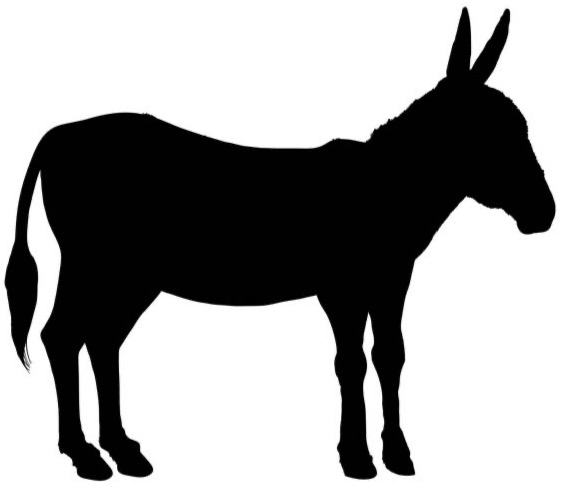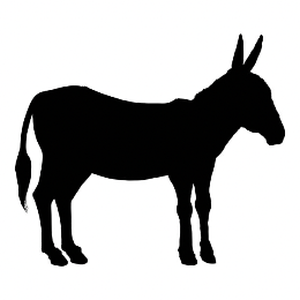The Dunkirk Invasion

Stay in, stay home and keep apart. Same advice every day. Stay in. Stay home. Keep apart. That’s how we save ourselves. It’s how we save each other. It’s how we save the world.
Well, not everyone’s got a home. Some people can’t stay in. Some people are out, and not by choice.
Across the Channel dotted around camps in Calais and Dunkirk, up to two thousand refugees are clustered in squalid, god-awful conditions. Refugees have been there in one way, shape or form for decades now.
But something has changed. With the world in the grips of an unprecedented health crisis that's seeing a dramatic increase in the number of daily infections – and the numbers of those that are succumbing to the illness – we need different thinking. Otherwise we will all be affected.
We have to ignore our natural inclinations. A hug is now a harbinger of death. A pregnant woman drops her phone in front of you, and to reach out and help is to risk her health. Walk on by, leave her to her stooping.
What we cannot ignore is the risk of this infection spreading and eating away at the fabric of our entire society. It’s not about being naughty or nice anymore, it's much more elemental. It’s about survival.
The refugees in Calais, living out of donated tents with entire ‘camps’ having to share one water tap between hundreds of people, are getting sick. Aid agencies have reported at least two suspected cases of Covid. The clandestine nature of people’s lives in the camps makes it impossible to know the true scale of the epidemic in there.
Aid workers themselves are falling like pins in a bowling alley, one after the other being forced into isolation as symptoms spread through their ranks.
What used to be hundreds is now dozens of volunteers on the front lines in Calais and Dunkirk, distributing an ever-dwindling stock of vital supplies to desperate refugees who have been completely deserted by the French state. This desertion of them is now risking us. Our own survival.
We have to be selfish. To do that, we have to think about others.
Rarely do these contradictions coalesce, yet our scared-but-brave new world demands that they do. Without access to facilities to practice basic hygiene, without a means of controlling the risk of propagation, we are inviting this virus into our very homes.
By forsaking the other, we are setting up the means to forsake ourselves. If there is one thing we need to truly realise, it is that we cannot bolt the doors and hope for the best anymore.
For better or for worse, we are all in this together like we never have been before.


Post a comment